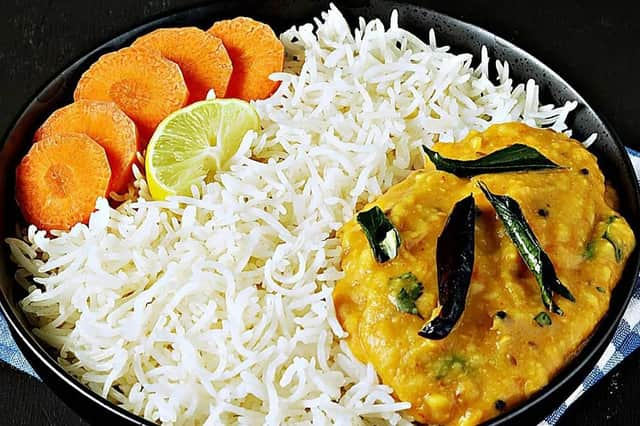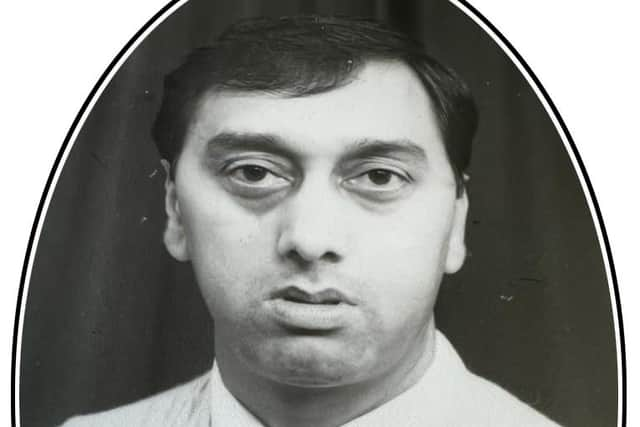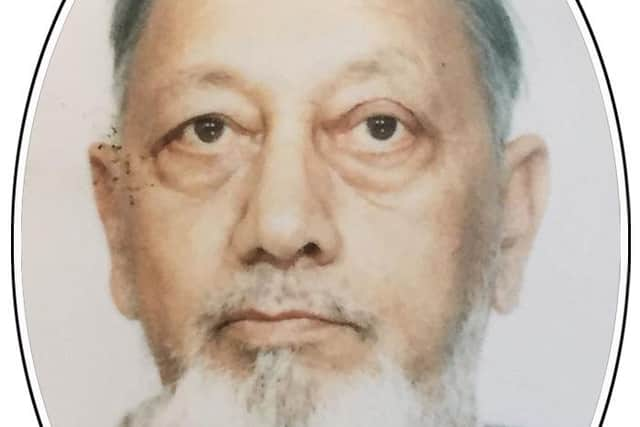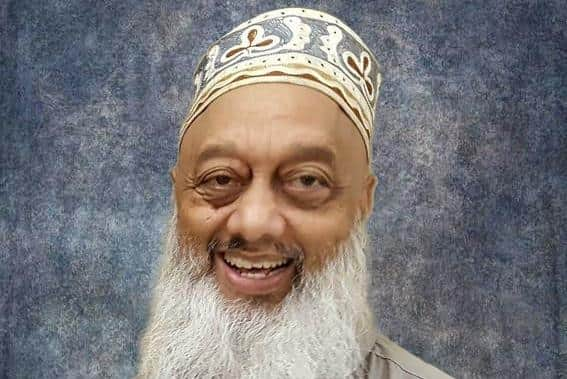Stories in a Suitcase: How children who came to Dewsbury for the very first time during the Sixties had to show great resilience


He was part of a large group of Indian and Pakistani nationals who were encouraged to come and work in our local mills throughout the post-war decades of the 1960s and 1970s.
These men came to Britain because of a severe labour shortage existing during that period across the whole country.
Advertisement
Hide AdAdvertisement
Hide AdHaving now retired from mill work, Siraj currently tends to divide his time at the house on Lemon Street in Bradford where he lives, while also regularly visiting his parental home on Scout Hill in Dewsbury (situated on the boundary between Ravensthorpe and Dewsbury Moor).


As someone who belongs to a dwindling generation, "Haji Siraj" agreed to be interviewed for the Kirklees Faith Network's "Ravensthorpe Stories In A Suitcase Project".
Following on from last week’s feature, here he talks in this second interview about the resilience of those children from his generation who came to Dewsbury for the very first time during the Sixties.
Speaking to the Reporter Series, Siraj explained: "I arrived from the Gujarat state of India into Dewsbury with my older brother Ismail (‘Ishmael’) Valli on a cold snowy evening in December 1962 at the age of 12 years.
Advertisement
Hide AdAdvertisement
Hide Ad

"We came to live in our new home on Scout Hill. The property was a back-to-back terrace house like all the other dwellings in that neighbourhood."
"My life was to change so quickly as soon as I stepped into the new home."
"I had to get used to a whole new different environment, like most other young Indian-Gujarati boys from my age group who came to join their fathers in Dewsbury during the 1960s.
"It was a massive contrast for me leaving behind the Sub-Continent's humid heat and to suddenly find myself living among the Heavy Woollen District's freezing snows! But that’s what life was like in those years for a lot of children in my generation.
Advertisement
Hide AdAdvertisement
Hide Ad

"The culture shock was immense on that dark snowy night in December 1962 as I walked into the dimly lit home on Scout Hill for the very first time.
"I jumped straight into bed after having endured a long, cold, seven hour journey all the way from Tewkesbury to Dewsbury (my brother and I had disembarked at Tewkesbury off a commercial P&O ferry which brought us to England from Bombay).
"My father went to work 'at the mill' next morning like a lot of other men in that era. So, my brother and I stayed inside the house.
"We had to cope with hours and hours of frustrating boredom over the next several days sitting near a coal lit fireplace trying to keep warm. Some curry would always be left in a pan for us to heat up at dinner time.
Advertisement
Hide AdAdvertisement
Hide Ad"Otherwise, the only other thing to do was to switch on the television with its two black and white ‘stations’ - BBC1 and ITV - and to listen to an English language which we did not even understand at that time.
"I wondered where we had come to as the weeks passed by.
"Besides the harsh wintry weather, I now found myself living in that 'new' Scout Hill home without my mother - who was still in India.
"Most of the men from my father's generation were convinced they would only stay in England for a few years until the Home Office was to order them to leave the country.
"They had not thought of bringing over the wives, whereas their sons came to England because of the severe labour shortages.
Advertisement
Hide AdAdvertisement
Hide Ad"The mill managers were encouraging a lot of our first generation Indian and Pakistani migrant workers to ‘bring over the kids’.
“The Sub-Continent’s ‘Asian’ children, as we were to get known in the town, had to be mentally strong and resilient growing up in 1960s Dewsbury.
"We had to quickly learn to wash our own clothes, to carry shovels of coal from the cellar to the fireplace, to clean the entire house, to clear the snow outside our front doors, and most importantly to prepare our own meals during the day if our elders were at work in the mills.
“I decided to watch my father, Adam Valli Ugradar, while he cooked our food in the evenings.
Advertisement
Hide AdAdvertisement
Hide Ad"I felt fascinated whenever he was in the small kitchen peeling the vegetables, or opening up the different packets of Indian lentils. The aroma was gorgeous.
"It was not long afterwards when I found myself helping him by cutting the tomatoes, switching on the gas cooker and boiling the rice. Anything to do with cooking soon became a natural life skill for me!
“Within weeks, I had gained the confidence to cook for everyone in my small family despite not having any cooking lessons when attending the Victoria High School on Aldams Road.
"I instead used my time in its classrooms to quickly learn English before leaving at the then statutory age of 15 to start work at Blackwood and Kilmarnock Mill in Liversedge (Victoria school was demolished years later to make way for the Dewsbury Health Centre).
Advertisement
Hide AdAdvertisement
Hide Ad“Working in the mills however would only take up a few years of my new life in Dewsbury. My hands now had the valuable skill of doing some quality cooking.
"Without realising, my life was already being planned in another direction.”